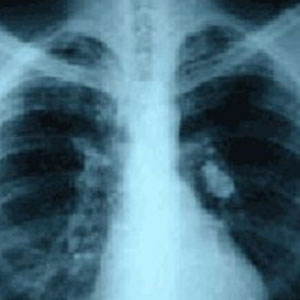
A new genetic cause of a rare and fatal lung disease has been identified by US researchers.
The Columbia University Medical Center team found that mutations on the gene KCNK3 are linked to pulmonary arterial hypertension, which is high blood pressure in the lungs.
The mutations in the gene appear to affect potassium channels in the pulmonary artery, a mechanism not previously linked to pulmonary arterial hypertension, according to the study published online July 25 in the New England Journal of Medicine.
Research
The researchers also found that the effects of the mutations in the KCNK3 gene could be reversed with a drug compound called a phospholipase inhibitor.
"The most exciting thing about our study is not that we've identified a new gene involved in pulmonary hypertension, but that we've found a drug that can 'rescue' some mutations," study co-senior author Dr Wendy Chung, an associate professor of paediatrics and medicine, said in a Columbia news release.
"In genetics, it's common to identify a gene that is the source of a disease. However, it's relatively rare to find potential treatments for genetic diseases," she explained.
The findings were made in cell cultures.
Facts about KCNK3
Chung noted that KCNK3 mutations are a rare cause of pulmonary arterial hypertension, adding she didn't want to oversell the findings. "Still, it's exciting that we've found a mechanism that can lead to the disease that is a new, druggable target. It's also possible that targeting KCNK3 may be beneficial for patients who have pulmonary arterial hypertension independent of their KCNK3 genetic status," she said.
Pulmonary arterial hypertension is a progressive disease in which high blood pressure in the pulmonary artery causes reduced blood flow from the right side of the heart to the lungs. The heart compensates by pumping harder, but this can weaken the heart muscle over time and lead to right-sided heart failure.
About 1000 new cases of pulmonary arterial hypertension are diagnosed in the United States each year. There is no cure and few effective treatments. Most patients with the disease die five to seven years after diagnosis.
More information
The US National Heart, Lung, and Blood Institute has more about pulmonary arterial hypertension.




 Publications
Publications
 Partners
Partners











